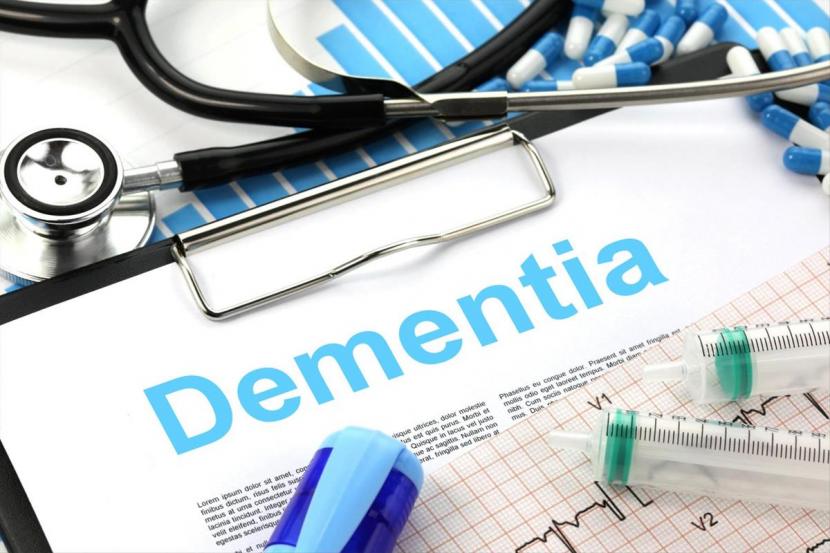Social isolation has been shown to play a major role in long-term cognitive health
REPUBLIKA.CO.ID, JAKARTA — Socially isolated has an impact that is not kidding. A study initiated by researchers from the University of Warwick, England, revealed that the condition increases the risk of dementia.
Dementia is not really a disease, but a group of conditions characterized by decreased brain function, such as loss of memory and judgment. Symptoms include forgetfulness, limited social skills, and impaired thinking skills that affect activity.
Study researcher Edmund Rolls explains the differences between the two types of social isolation. There is social isolation which is an objective state of low social connection, there is also a subjectively perceived social isolation, namely feelings of loneliness.
Rolls said that both pose risks to health. Using extensive data from the UK Biobank and working in a multidisciplinary field linking computational science and neuroscience, the research team identified that social isolation was the first to be an independent risk factor for dementia.
The research team analyzed data from more than 462,000 participants with an average age of 57 years. They reviewed the results of the participants’ brain scans and took into account socioeconomic, demographic, health and behavioral factors.
Similarly, the habit of drinking alcohol, smoking, and physical activity of participants. The team then followed up on group data spanning more than a decade to understand the link between social isolation and dementia.
As a result, social isolation was shown to play a major role in the participants’ long-term cognitive health. Those who experienced social isolation were 26 percent more likely to develop dementia.
The team also looked at the effect feelings of loneliness have on cognitive health. It is possible that loneliness increases the risk of dementia. However, for participants who were also battling depression, the association with dementia was not as strong.
The researchers explained that social isolation affected the brains of the participants. Gray matter levels were observed to be lower in the frontal and temporal regions of the brain, which can affect memory and overall cognitive health. For people who are socially isolated, especially in the older population, researchers recommend increasing communication and interaction.
“With the increasing prevalence of social isolation and loneliness over the past few decades, this has become a serious yet underappreciated public health problem,” Rolls said. Consumer AffairsMonday (13/6/2022).


